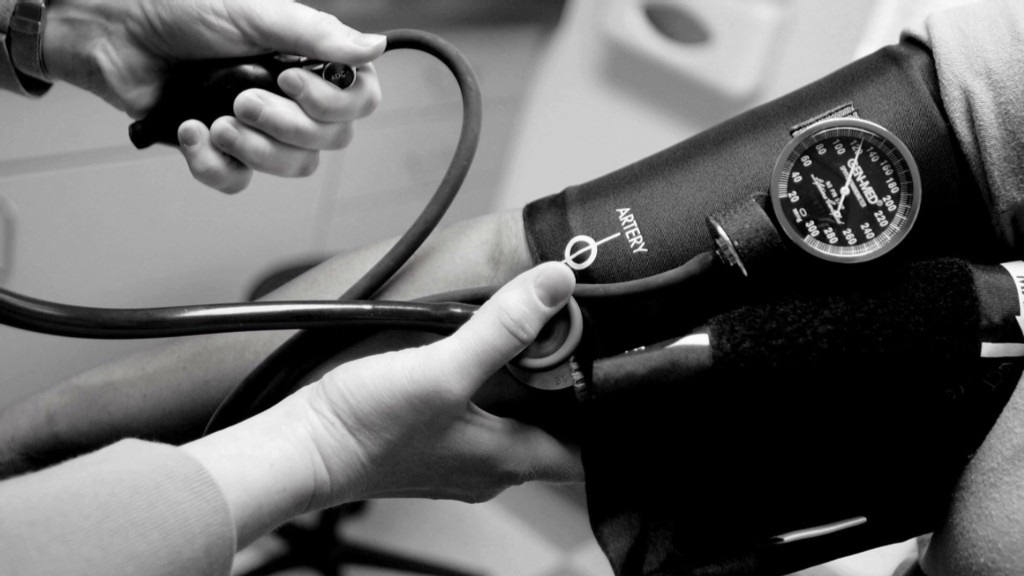
It doesn't matter how rich you are, poor spending habits can quickly drain even the most well-funded bank account.
Even wealthy shoppers with money to burn need to watch their spending.
"Price tags still matter," said Amy Salinger, a personal stylist who works with several multi-million-dollar clients. "It's about spending money correctly."
Many affluent people don't actually consider themselves rich, according to Tom Corley, a certified financial planner and author of "Rich Habits - The Daily Success Habits of Wealthy Individuals."
And that mentality helps keep their spending in line.
According to his data, the majority of rich people with a liquid net worth between $3.2 million and $5 million don't consider themselves wealthy. "It's not just about accumulating wealth, the bigger priority for them is accumulating and keeping their money," he said.
Related: 7 traits the rich have in common
But you can still spend like the rich and preserve your wealth, even if you don't have a seven-figure net worth.
Don't be house poor. Living in a sprawling mansion is fun, until you can't afford anything outside of the mortgage.
Corley's data shows that the wealthy (those with an annual gross income of at least $160,000 and a net worth of $3.2 million or more) don't spend more than 25% of their monthly income on housing and 10% or less goes toward entertainment. The general rule of thumb is to keep housing costs below 30% of your monthly net income.
Don't emergency shop. Whether it's a suit for a job interview, or a car to replace your old one that broke down, buying items as you need them is "your biggest nemesis," said Salinger.
Not only is deadline shopping stressful, it leaves less time to comparison shop and often leads to unnecessary overspending.
Related: 5 investing secrets of the wealthy
Learn how to splurge properly. Everyone impulse buys, but make the purchase work in your favor.
If you're mulling a major buy, make sure the item is of good quality, useful and has staying power.
"Purple heels should not be your splurge item," said Salinger. "And make sure it's returnable."
Compare cost vs. value. When it comes to deciding whether a purchase is worth it, the price tag should be divided by how often it will be used, said Salinger.
"Determine cost per wear. A less-expensive item that's rarely worn might not be such a good deal. If something's expensive, but going to be used frequently, that can be a better value."
Related: Spend like the super rich
Take the 'high-low' approach. When shopping for clothing, mix high-end pieces with less expensive wardrobe staples. Salinger recently reprimanded a client for spending $150 on a plain white tank top. "That's not worth it. Spend more on foundation items in your wardrobe and look for deals on secondary items."
She shops a wide range of stores to secure items for her clients, and many of the outfits she assembles feature items purchased at Bergdorf Goodman, paired with bargains from Nordstrom Rack.
Keep your 'sin' spending in check. The wealthy limit their spending on alcohol, cigarettes and gambling. Only 6% of the rich played the lottery on a weekly basis and 16% gambled on sports, according to Corley.
Just 13% of the rich reported getting drunk in the last month, compared to 60% of the poor -- defined as those with income under $35,000, and $5,000 or less in liquid assets. When it comes to cigarettes, 21% of the rich smoke regularly compared to 47% of the poor.

